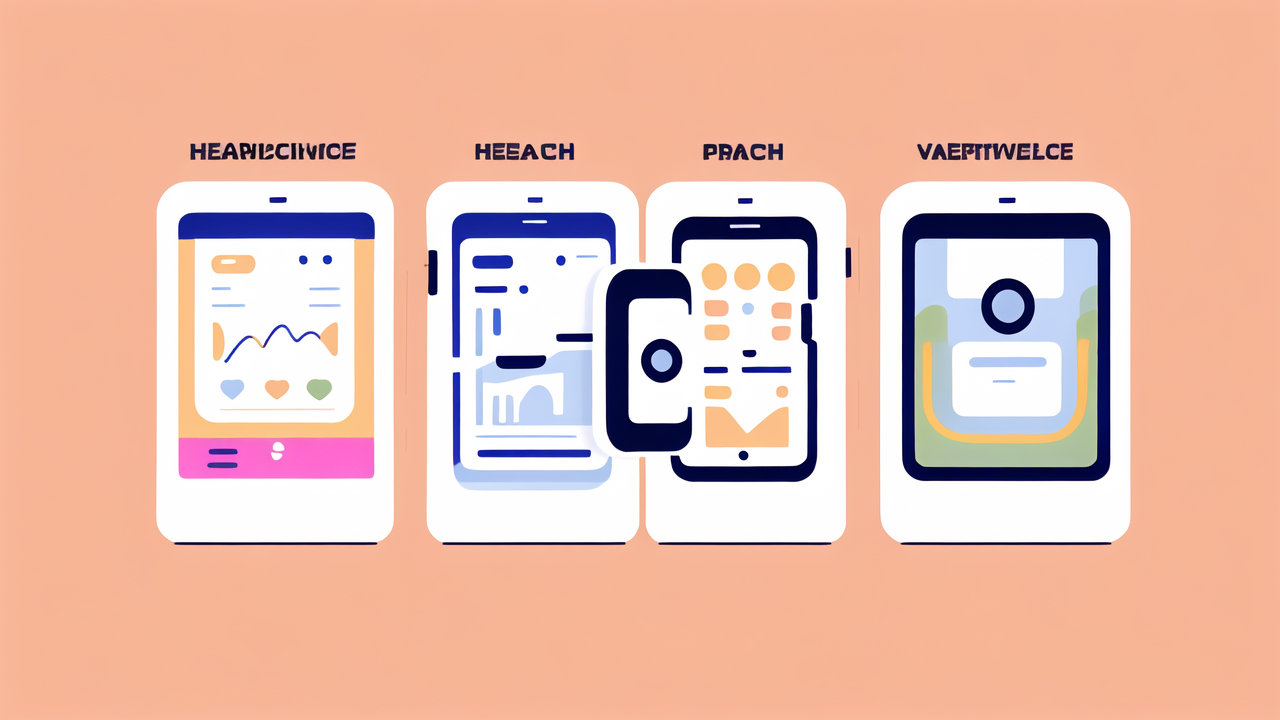Understanding the Market: Trends and Demands in the US Smart Watch Industry
Analyzing Consumer Preferences for Smart Watches
Smart watches have become increasingly popular in the US market. Consumers seek devices that offer a blend of style and functionality. Health and fitness tracking features top the list of preferences. Many users want watches that monitor heart rate, track steps, and analyze sleep patterns. Connectivity is another key factor. The ability to receive notifications and make calls is highly valued. Customization options, such as changeable watch faces and bands, also appeal to consumers. Price remains a consideration, with buyers looking for value in their smart watch purchases.

Impact of Technological Innovation on Smart Watch Features
Technology has greatly influenced smart watch development. Improved sensors have enhanced health monitoring capabilities. Some watches can now detect irregular heart rhythms or measure blood oxygen levels. Faster processors allow for smoother operation and more complex apps. Battery life has improved, with some models lasting several days on a single charge. Water resistance has become standard, allowing for swim tracking. GPS technology has been integrated, enabling accurate location tracking without a phone. Voice assistants have also been incorporated, making interaction more intuitive.
The Role of Brand Reputation in the Smart Watch Market
Brand reputation plays a significant role in the smart watch market. Established tech giants like Apple and Samsung lead the pack. Their reputation for quality and innovation gives consumers confidence. Fitness-focused brands like Garmin and Fitbit have loyal followings. They're trusted for their expertise in health tracking. Traditional watch brands are also entering the market. They bring their reputation for style and craftsmanship. New entrants face challenges in building trust. However, innovative features and competitive pricing can help them gain market share.
Key Features that Define a Smart Smart Watch
Advanced Fitness Tracking Capabilities
Modern smart watches offer comprehensive fitness tracking features. They go beyond basic step counting. Heart rate monitoring is now standard, with some offering ECG functionality. Sleep tracking has become more sophisticated. Watches can analyze sleep stages and offer improvement tips. Many watches can automatically detect and track various exercises. This includes running, cycling, and swimming. Some offer advanced metrics like VO2 max estimation and recovery time recommendations. GPS tracking allows for accurate pace and distance measurements during outdoor activities.

Integration of Smart Assistants and IoT Devices
Smart assistants have become integral to smart watches. They allow for voice commands and hands-free operation. Users can set reminders, send messages, or control smart home devices. Integration with IoT devices extends a watch's functionality. They can control lights, thermostats, and other smart home gadgets. Some watches can act as digital keys for cars or homes. Music control is another popular feature. Users can play, pause, or skip tracks on their paired devices. Calendar integration helps manage schedules directly from the wrist.
Battery Life and Performance: What Sets a Smart Watch Apart
Battery life is a crucial factor in smart watch performance. The best models offer several days of use on a single charge. Some use innovative power management techniques to extend battery life. Performance is equally important. Responsive interfaces ensure a smooth user experience. Fast processors allow for quick app launches and smooth animations. Storage capacity affects the number of apps and music that can be stored. Durability is also key. High-quality materials and robust construction ensure longevity. Water resistance is now expected, with many watches suitable for swimming.
Evaluating the Best Smart Smart Watches: A Deep Dive into Top Brands
Comparing Market Leaders: Who's Leading the Smart Watch Revolution?
Apple dominates the smart watch market with its Apple Watch series. It offers seamless integration with iPhones and a wide range of apps. Samsung's Galaxy Watch line provides strong competition for Android users. Their rotating bezel offers a unique navigation experience. Garmin excels in the fitness and outdoor segment. Their watches offer advanced sports tracking and long battery life. Fitbit, now part of Google, continues to focus on health and wellness features. They offer a range of models at different price points.

Upcoming Innovations in Smart Watches
The future of smart watches looks exciting. Blood pressure monitoring is becoming more common. Some watches are exploring non-invasive glucose monitoring. Improved battery technology may lead to watches that last weeks. Flexible displays could allow for larger screens without bulky designs. 5G connectivity may enable smart watches to function more independently from phones. AI advancements could lead to more personalized health insights. Some brands are exploring sustainable materials and eco-friendly designs. Enhanced security features, like advanced biometrics, are also in development.
Customer Experience and After-Sales Support as Key Differentiators
Customer experience extends beyond the product itself. User-friendly interfaces make watches more accessible to all ages. Clear setup instructions and intuitive menus enhance the out-of-box experience. Regular software updates keep devices current and add new features. After-sales support is crucial for complex devices like smart watches. Responsive customer service helps resolve issues quickly. Some brands offer in-store support for hands-on assistance. Extended warranties provide peace of mind for buyers. Easy access to replacement parts, like watch bands, adds value. Community forums allow users to share tips and troubleshoot problems.




Leave a comment
This site is protected by hCaptcha and the hCaptcha Privacy Policy and Terms of Service apply.